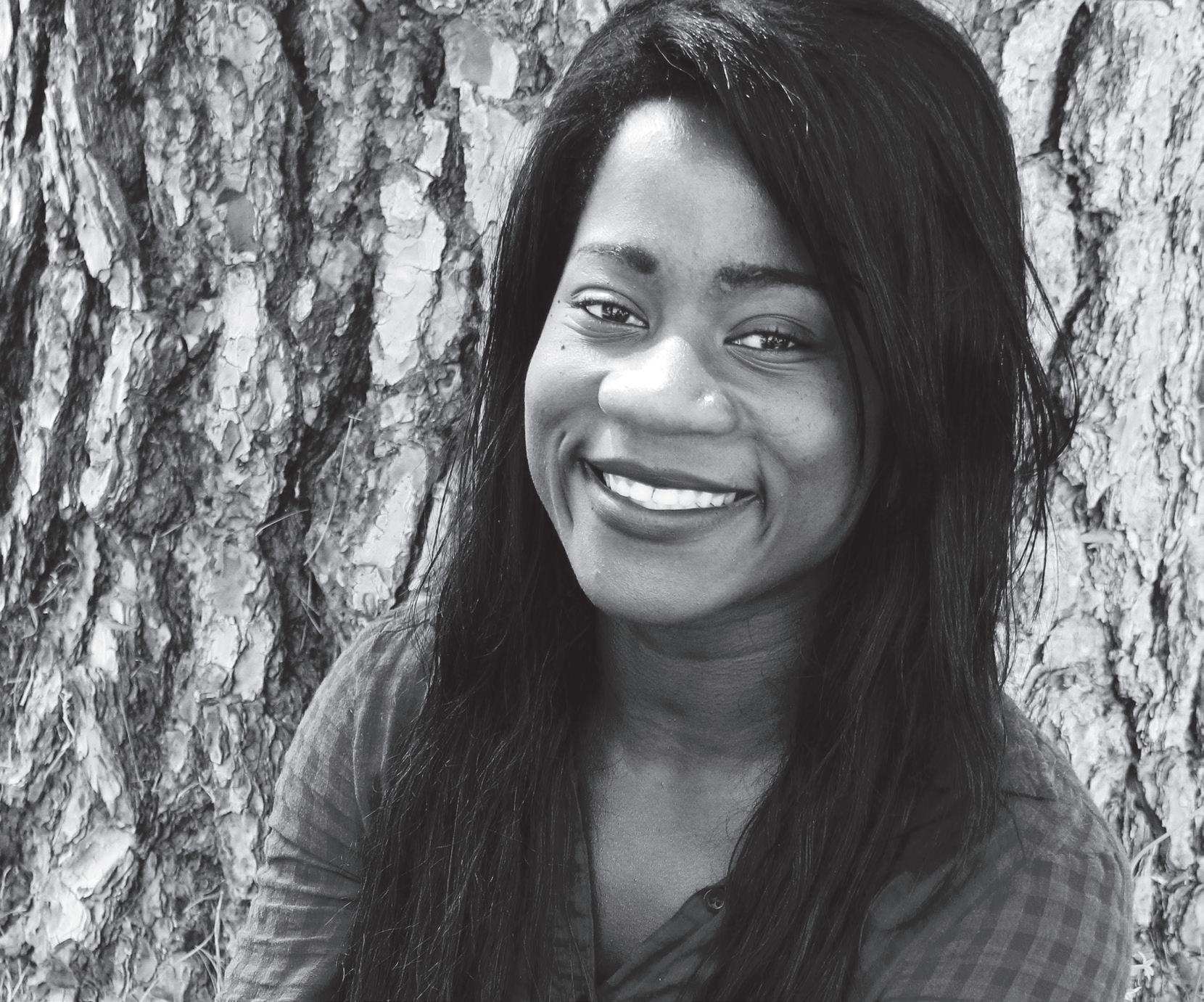
2 minute read
Academic Senate settles issue
[SENATE, cont. from page 1] on the responsibilities as the professional development committee chair, should she choose to leave that post to become president.
Pillado, insisting that the decisions made through the exchanged emails over the month of August were as legal and binding as official statements, contested the decision, and filed a grievance on the matter.
Advertisement
After meeting twice after the semester commenced, the executive committee decided to bring the matter in question forward with the other members of the Senate during their regularly-scheduled biweekly meeting on Sept. 9.
District Academic Senate President
Don Gauthier and Parliamentarian
John Freitas sat in to make sure that the meeting was conducted to the standards of the Brown Act and the Robert’s Rules of Order.
Other options were considered, including a co-presidency between Oborn and Pillado and a special election to take place this semester, but both proposals went against the Senate’s bylaws.
After the issue remained unresolved after the nearly two-and- a-half-hour-long Sept. 9 meeting, the Senate convened Sept. 16 in a special meeting that only addressed the issue of the succession of the presidency.
There, Pillado said that for her, it “was not a matter of the presidency,” but an issue of following through with due process.
“When I attend exec meetings, my voice is pretty much moot point,” Pillado said. “I can’t believe those emails [exchanged in August] were not [considered] serious, official.”
Oborn, meanwhile, clarified her decision in declining and then rescinding her original statement.
“There was a sense of urgency, and they wanted to make a decision,” she said.
Oborn also addressed the executive committee’s violation of the Brown Act, which guarantees the public a right to attend and involve themselves in meetings by groups like the Academic Senate.
“If the group violates the Brown Act, [the emails] are invalidated. If the emails don’t exist then there is no issue,” she said.
For now, Pillado stays in her position as vice president of curriculum, while the vice presidency of academic policy post is unoccupied.
Pierce faculty expressed their frustration with how the members of the executive committee handled the situation.
“This is not just what’s happening in this room. It’s the perception on this entire campus,” James McKeever, chair of the philosophy and sociology department, said during the Aug. 16 meeting.
The issue has brought to light inconsistencies with the Senate’s understanding and compliance with the Brown Act and Robert’s Rules of Order, as well as the ambiguity of the group’s official documents.
Director of Cooperative Education Ronald Smetzer, who said that he previously served as secretary of the Academic Senate and vice president for the District Academic Senate, describes the events that took place in August as “shameful.”
“There’s a total lack of understanding of the Robert’s Rules of Order and the constitution. There’s a lot of learning that needs to take place with this body,” Smetzer said. “I know how the parliamentary process is supposed to work and this isn’t it.”









